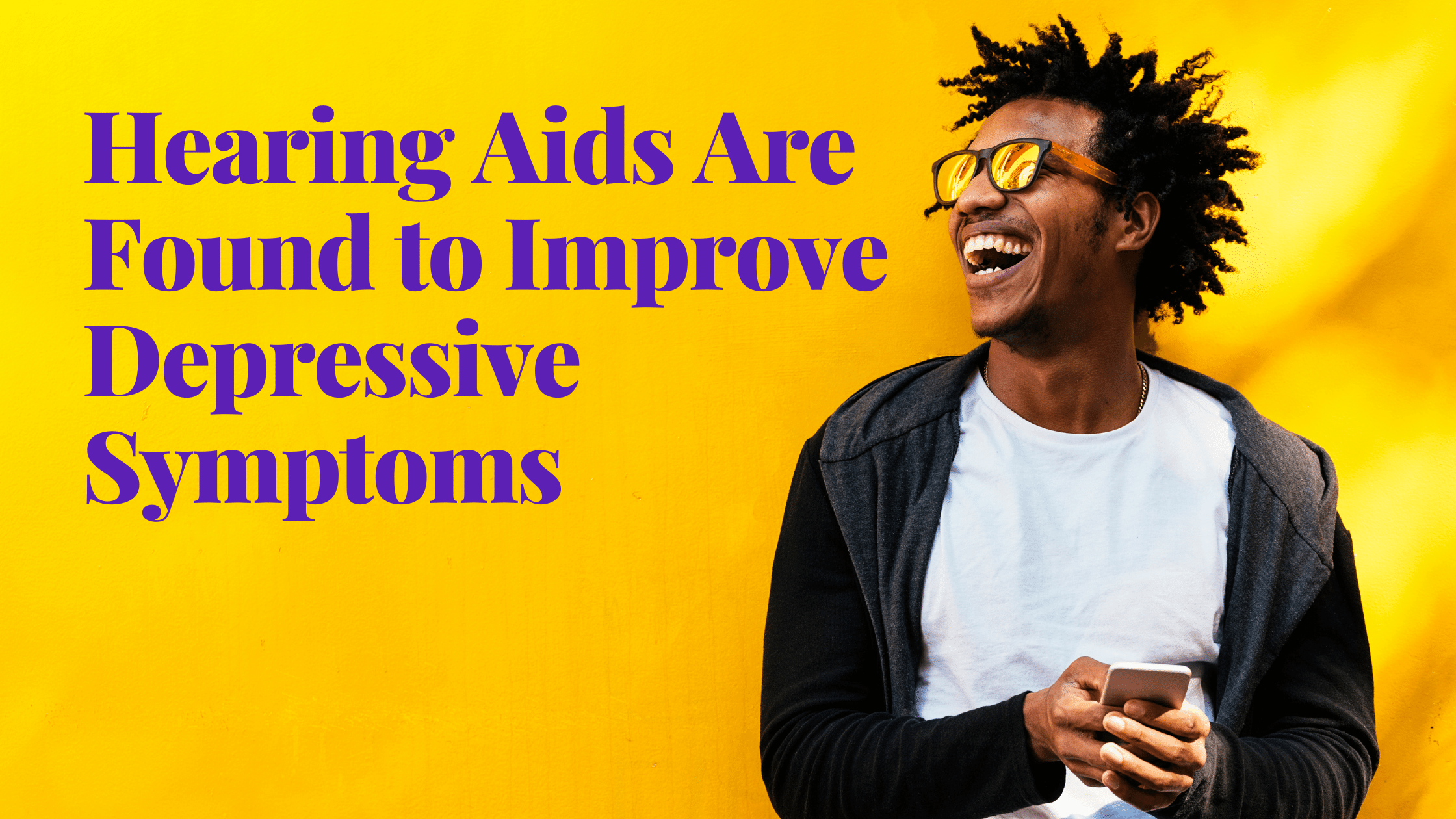
- A Guide to Different Hearing Aid Styles - May 6, 2025
- What is the Lifespan of Hearing Aid Batteries? - April 27, 2025
- Understanding the Different Types of Assistive Listening Technology - April 15, 2025
Many think of hearing loss as an ear issue but the side effects can be far reaching. For instance the communication hurtles that hearing loss present can become worse and worse as they go ignored. This can make conversations at work, out and about and at home incredibly alienating. When you find yourself having to ask people to repeat themselves, commonly misunderstand what people are saying, respond off topic or don’t hear them at all, it can start to affect the quality of relationships, deplete your good standing at work and less likely to pursue your hobbies and interests.
As you reach your golden years it is important to stay connected to others and enjoy the things in life that bring you joy. Studies find that hearing aids can help fight the inevitable depression, which comes from alienation due to hearing loss.
Depression and hearing in older adults
As we age, the chance that we have hearing loss becomes more and more likely. For people 65 and older 1 in 3, suffer from hearing loss and that number jumps to half of all seniors once they reach 75. If you are lucky to reach 100 years old the chance of hearing loss is 100%.
Our hearing naturally breaks down over time making it important to screen regularly for hearing loss before the negative side effects can start to impact your quality of life. Depression is one of the biggest hurdles that older patients struggle with when living with untreated hearing loss.
In fact, hearing loss is the most chronic condition associated with depression in older adults! Depression and loneliness might not seem like a major health risk at first but lifestyle choices associated with these emotional health conditions have been found to increase your chance of heart disease by 29% and stroke by 32%. Not only that but loneliness due to hearing loss has been found to increase your risk of dementia by 50%.
Dealing with your hearing loss
Hearing loss often comes on slowly so you may not realize you have a problem for years and by then you may struggle to hear even in the most ideal of listening situations. At this point many of the negative side effects of hearing loss have already begun to take hold such as depression and self isolation due to undiagnosed struggles in following and participating in conversation. This is why regular hearing tests are important, especially once you reach the age of 65. The most common treatment for hearing loss is hearing aids, which amplify the pitches and tones you struggle with so you can participate in conversations again.
Rebuild your relationships
Over time you can start to rebuild the relationships, which may have become strained over the years due to poor hearing. A survey by the Better Hearing Institute found that 9 out of 10 people reported a significant improvement in the quality of life after getting hearing aids.
Another study examined 113 adults over 50 who treated their hearing loss with hearing aids or cochlear implants. They measured the level of depression on what is known at a geriatric scale and found that the baseline depression score improved by 31% in those who received the cochlear implant and 28% for those who wore hearing aids daily. The study found that the benefits to the reduction of depression lasted even after a year for patients who were persistent in using their hearing aids.
Understanding the symptoms
It is all too easy to ignore hearing loss and not realize how a clinical depression could be directly related. One of the side effects of depression is inability to act, letting hearing loss go untreated for years. In fact of those who could benefit from hearing aids, only 20% of people actually utilize this amazing technology.
The longer you let the symptoms continue the worse they become. This includes an increased risk of dementia as hearing loss progresses. If you find yourself having to ask others to repeat themselves, have trouble following conversations in crowded environments, find you have to turn up the phone or TV all the way up and still struggle to hear, there is a big chance that hearing aids could help you. Make an appointment to have your hearing checked today and stop depression from taking over your life today.
